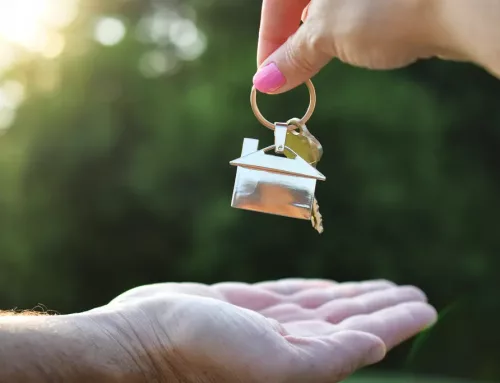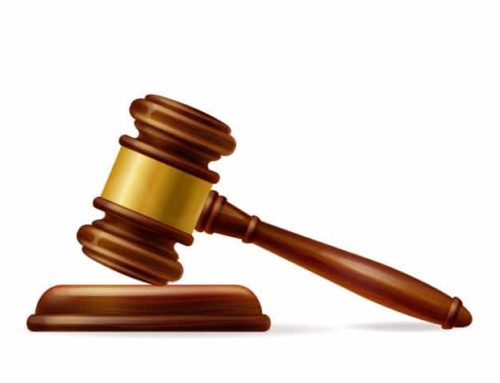Your attorney needs to prepare exhibits for your eviction trial – no surprise there. But it’s not enough for your eviction lawyer to simply prepare for your eviction trial. If your tenant fails to appear at trial, your attorney will need to have previously filed documents disclosing to the Court your tenant’s last known address, and a sworn statement that the tenant is not in the military. This last step requires your eviction attorney to obtain a report from the U.S. Department of Defense. Sadly, I sometimes witness eviction attorneys for landlord who handle evictions “on the side” showing up to court with only the documentation needed for trial. When the tenant is a no-show at trial, the Judge will typically send these unprepared attorneys packing because the attorney was unprepared.
If your tenant doesn’t appeal his eviction, your attorney will need to file paperwork with the Justice of the Peace six days after the trial requesting the Judge to sign a writ. This will start the process whereby the Constables will supervise your tenant’s forced removal from the property.
If your tenant appeals, your attorney may need to respond by challenging the appeal. But doing this will require your eviction attorney for landlords to file his paperwork only days after the first trial. And the paperwork your eviction attorney for landlords will need to file will be different for each of the three different types of appeal from which your tenant has to choose. While your lawyer is challenging your tenant’s appeal – if he bothers to do so at all (few seem to know how to do so) – your eviction attorney will need to file a document requesting a trial date.
If your rental property is owned by a business, your eviction lawyer will need you to sign a Business Records Affidavit. Certain documents used for evidence in your second trial will need to be attached to this affidavit, AND the affidavit will need to have been filed with the Court at least 14 days before the second trial. Because County Courts will sometimes schedule trial within 14 days from the time your attorney requests a trial date, the trick to handling these affidavits is filing them with the Justice of the Peace BEFORE your first trial.
Of course, on the day of trial, your eviction attorney should have previously prepared a proposed judgment, a default judgment, a settlement agreement, an agreed judgment, and a motion for continuance (these last three are used in the event your attorney talks your tenant into a settlement).
Whew! Not included in this list are other documents that are sometimes needed such as subpoenas, applications for writs under special circumstances, and other various communications with the court. Because your eviction trial can occur within only weeks after your tenant eviction attorney for landlords files your lawsuit, your eviction lawyer really needs to complete these forms on the day you hire him.
Girling Law has created an application that plugs your data into every form we could possibly need in your eviction. No matter what fork in the road your tenant takes, we have the forms ready to go on the day you hire us. When you receive our attorney client agreement, you will know all of your case’s forms have already been completed because your attorney client contract is one of the forms produced in this application. Best of all, because Girling Law has automated the form building process, we NEVER charge you for drafting documents!





